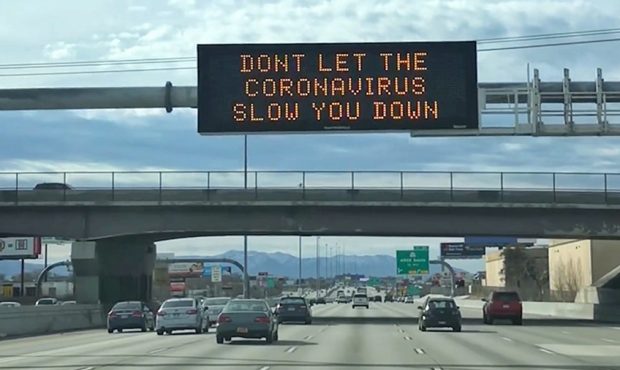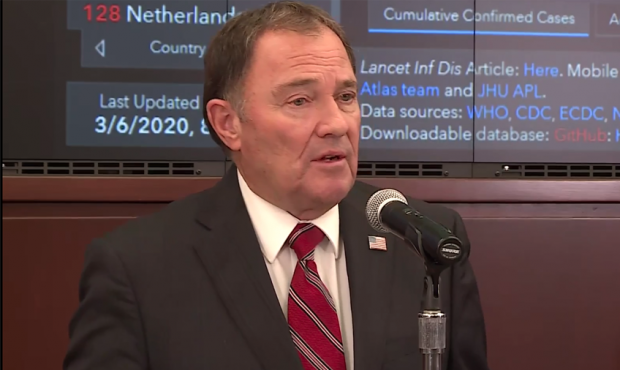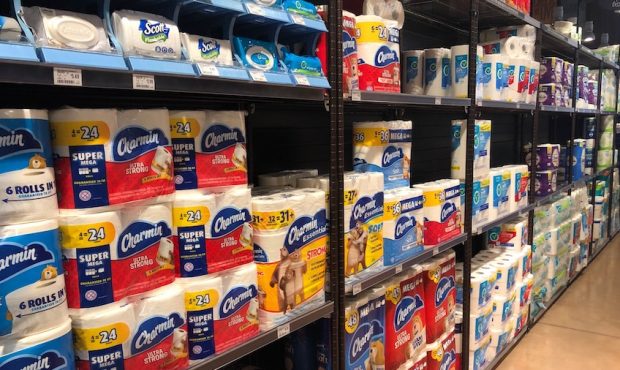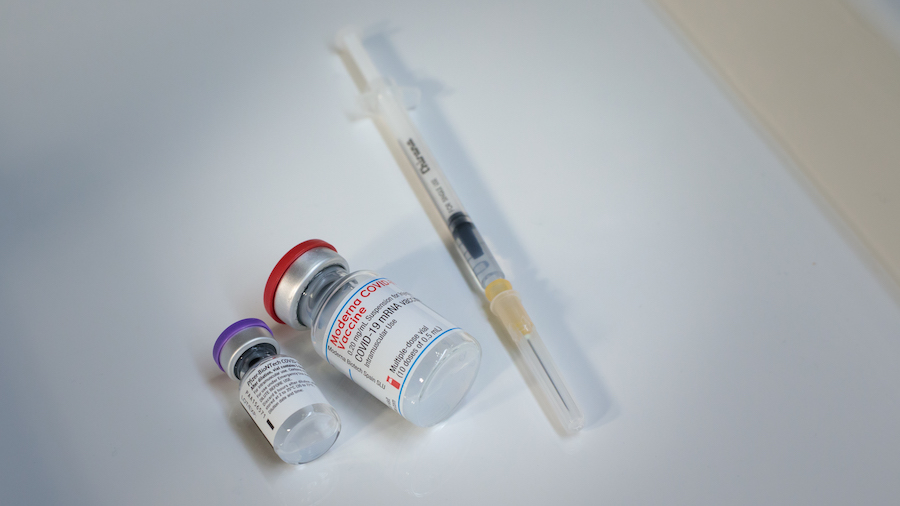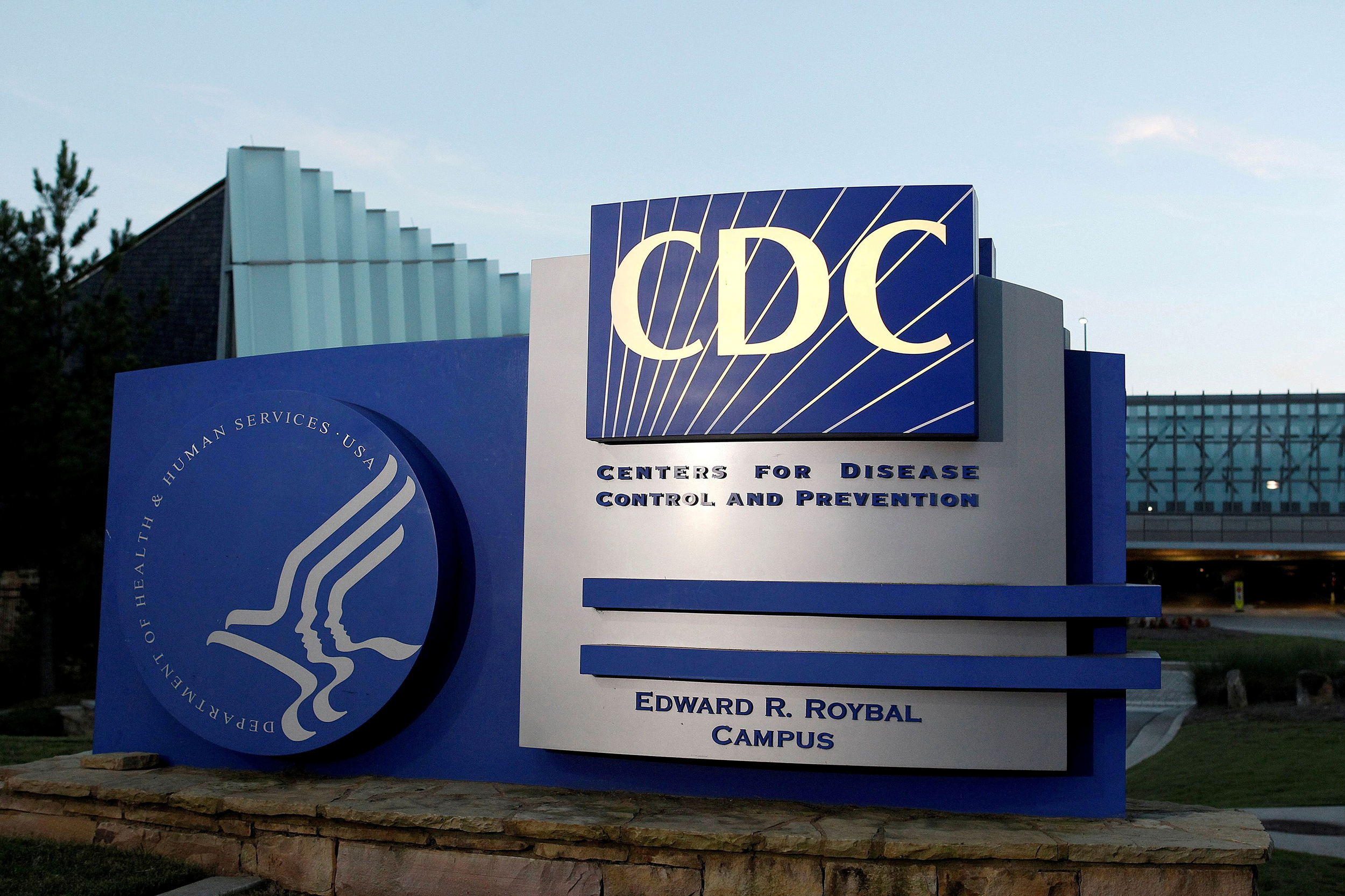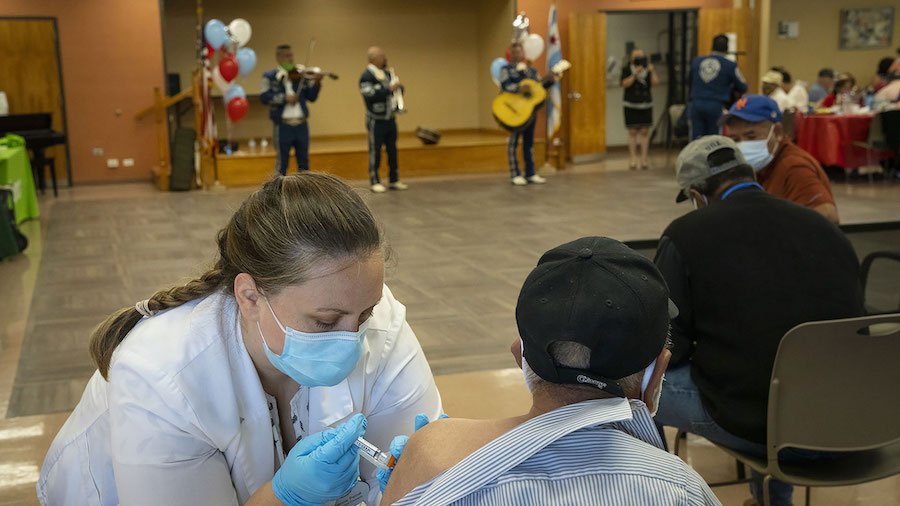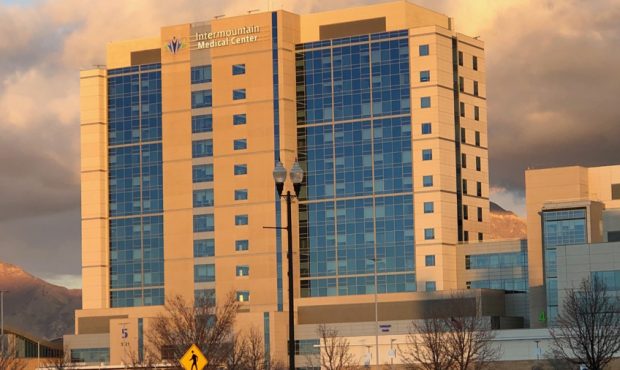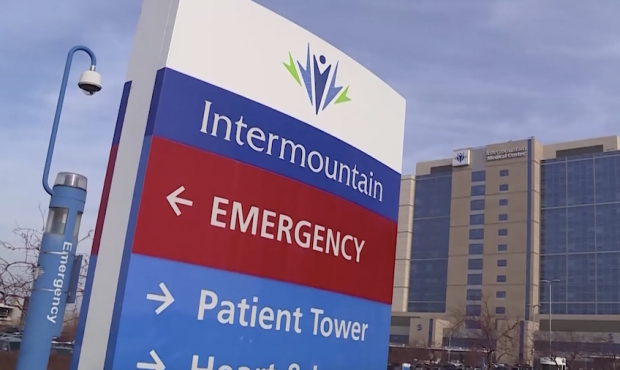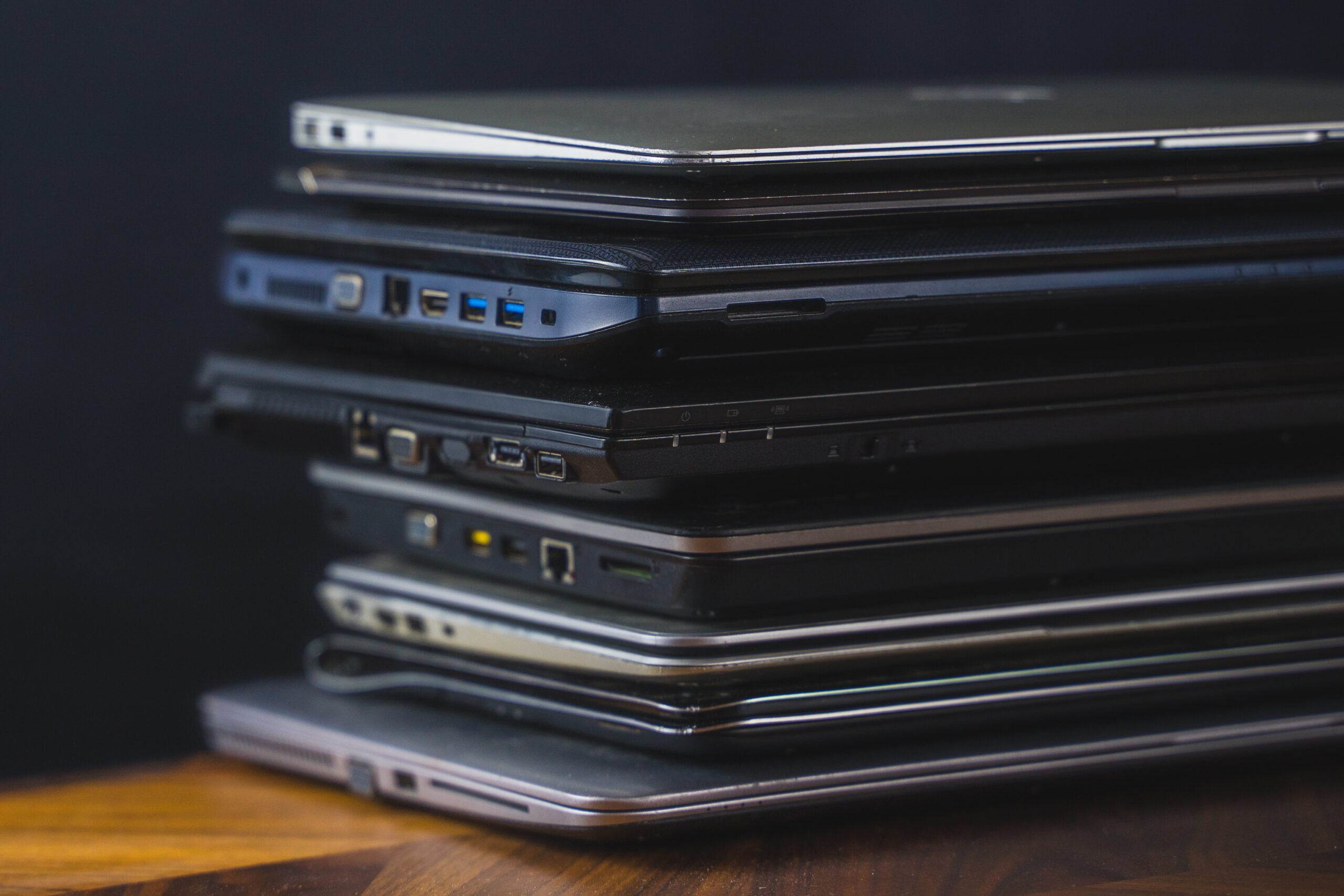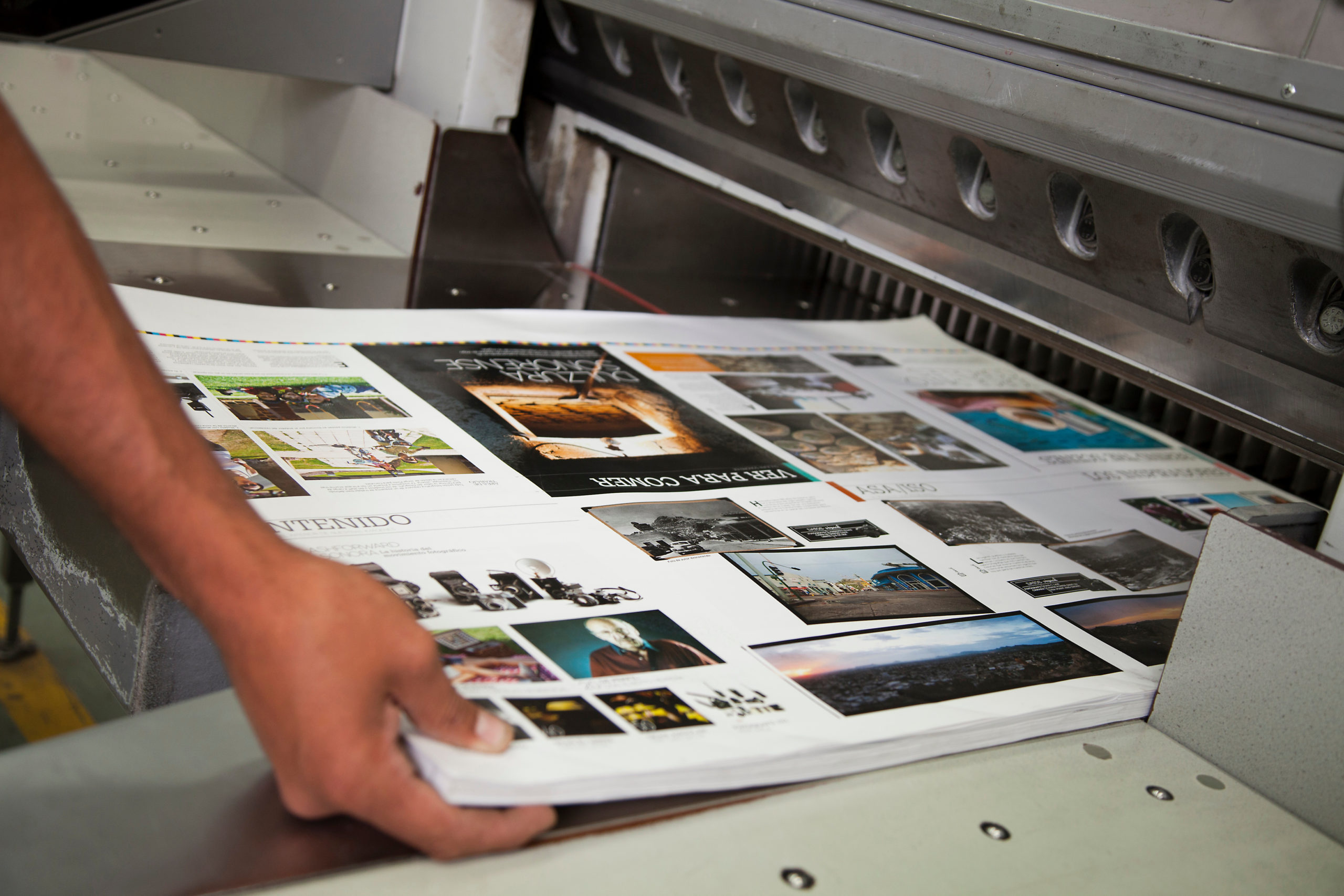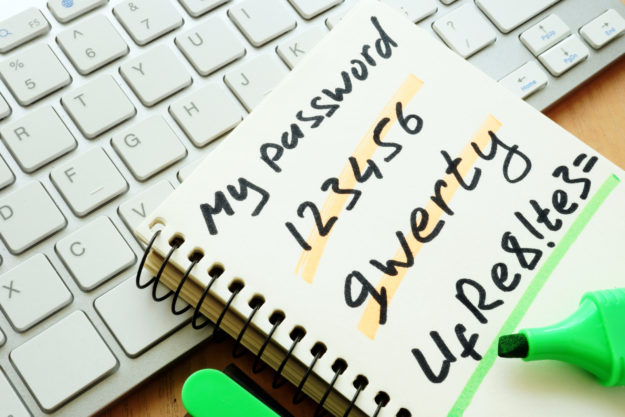CORONAVIRUS
Four Common Coronavirus Questions Answered
Mar 8, 2020, 10:51 PM | Updated: 10:54 pm
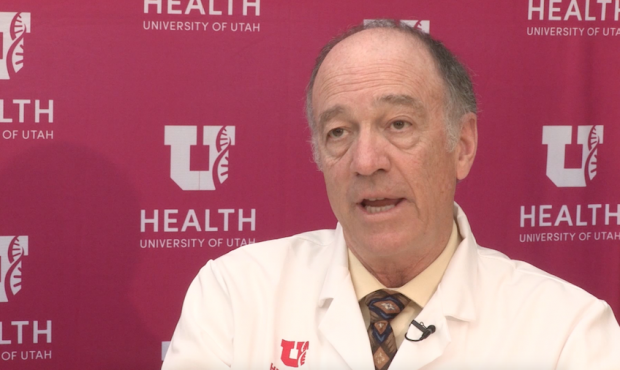
University of Utah Chief Medical Officer Dr. Tom Miller answered some common questions that have been circulating about the novel coronavirus.
SALT LAKE CITY, Utah – With the first case of COVID-19 now confirmed in Utah and more to be expected, there are a lot of questions about the virus still circling.
Dr. Tom Miller, chief medical officer with University of Utah Health, answered some of the most common questions Utahns have been asking to help separate what is fact and what is fiction.
What makes you a candidate for the coronavirus, and should you be tested?
“You would have perhaps a cough, mild fever and when things are worse you might have shortness of breath and a high fever,” Miller said.
But having symptoms doesn’t necessarily mean you have the coronavirus.
Also ask yourself if you’ve traveled to an area with a lot of cases like China, South Korea, Italy or Japan – or if you’ve been in contact with someone with a confirmed case of COVID-19.
Currently, the Utah Department of Health has a limited number of test kits available. However, Miller said more commercialized kits will be arriving in the next few weeks and more people will be able to be tested for the virus at that point.
What should you do if you think you have it?
“If you’re sick and you believe you need to be evaluated, then you should call ahead,” Miller said.
Doctors all agreed on this one — if you think you have the virus, don’t just show up at the hospital or your doctor’s office. Call ahead so they can evaluate and prepare.
Who’s at the greatest risk?
Doctors said it’s older people, especially those with underlying medical conditions.
They said children infected with the virus seem to get less sick, but they’re a risk for a different reason.
“I think the biggest risk with children is having them pass it on to adults who could then spread it in the community,” Miller said.
Should people start avoiding large gatherings?
Miller said social distancing is the best way to prevent the spread of the virus that we know of right now, but it depends on your level to accept risk.
“Some states have limited the amount of large gatherings or eliminated them altogether,” Miller said. “Stadium events, musical events, things like that to keep people from gathering, which is where the virus spreads.”
Coronavirus Resources
Have you or a family member been affected by coronavirus issues in Utah? KSL TV wants to hear from you. Contact KSL by emailing social@ksl.com.
What is COVID-19? Here’s What You Need To Know To Stay Healthy
What We Know And Don’t Know About The Coronavirus
The latest coronavirus stories from KSL TV can be found here.
Your Life Your Health: How can parents prepare their home, children against coronavirus?
How Do I Prevent It?
The CDC has some simple recommendations, most of which are the same for preventing other respiratory illnesses or the flu:
- Avoid close contact with people who may be sick
- Avoid touching your face
- Stay home when you are sick
- Cover your cough or sneeze with a tissue and then throw the tissue in the trash
- Wash your hands often with soap and water for at least 20 seconds, especially after going to the bathroom, before eating, and after blowing your nose, coughing or sneezing. Always wash your hands with soap and water if your hands are visibly dirty.
- If soap and water are not readily available, use an alcohol-based hand sanitizer with at least 60% alcohol.
The CDC does not recommend wearing a facemask respirator to protect yourself from coronavirus unless a healthcare professional recommends it.

